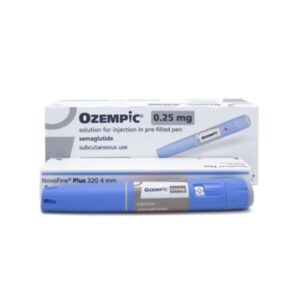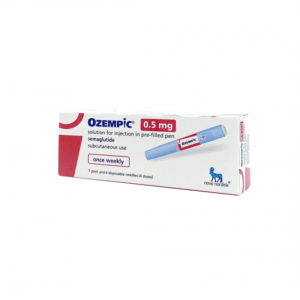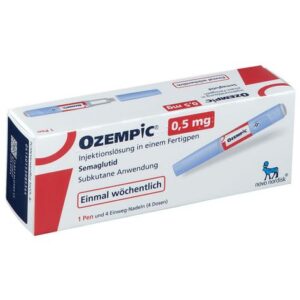Ozempic West Virginia
Unraveling the Impact of Ozempic in West Virginia: A Comprehensive Analysis
In recent years, the rise of chronic diseases such as diabetes has become a significant health concern worldwide, including in the state of West Virginia. Among the various treatment options available, Ozempic has emerged as a promising pharmaceutical solution. This article aims to delve into the impact of Ozempic specifically within the context of West Virginia, exploring its efficacy, accessibility, and broader implications for public health.
Understanding Ozempic
Ozempic, also known by its generic name semaglutide, is a medication primarily prescribed to manage type 2 diabetes. It belongs to a class of drugs called glucagon-like peptide-1 (GLP-1) receptor agonists, which work by mimicking the action of a hormone called incretin. By stimulating insulin release and decreasing glucagon secretion, Ozempic helps regulate blood sugar levels in patients with diabetes.
Efficacy of Ozempic in West Virginia
In West Virginia, where the prevalence of diabetes exceeds the national average, the efficacy of Ozempic is of paramount importance. Clinical trials and real-world studies have demonstrated the effectiveness of Ozempic in lowering hemoglobin A1c (HbA1c) levels, promoting weight loss, and reducing the risk of cardiovascular events in patients with type 2 diabetes. These findings underscore the potential of Ozempic to improve health outcomes and quality of life for individuals grappling with diabetes in West Virginia.
Accessibility and Affordability
Despite its efficacy, the accessibility and affordability of Ozempic can pose significant challenges, particularly in underserved communities within West Virginia. Factors such as health insurance coverage, out-of-pocket costs, and geographic barriers may hinder patients’ ability to obtain and adhere to Ozempic therapy. Furthermore, limited healthcare infrastructure and provider shortages in rural areas can exacerbate disparities in access to this life-saving medication.
Healthcare Provider Perspectives
Healthcare providers play a pivotal role in facilitating the uptake of Ozempic among patients in West Virginia. By staying abreast of the latest clinical evidence and guidelines, providers can make informed decisions about prescribing Ozempic and offering comprehensive diabetes management strategies. Additionally, patient education and counseling are crucial for promoting medication adherence and addressing any concerns or misconceptions related to Ozempic therapy.
Community Outreach and Education
To maximize the public health impact of Ozempic in West Virginia, concerted efforts in community outreach and education are essential. Collaborative initiatives involving healthcare organizations, advocacy groups, and governmental agencies can raise awareness about diabetes prevention, early detection, and treatment options, including Ozempic. By empowering individuals with knowledge and resources, communities can better navigate the complexities of managing diabetes and foster a culture of health and wellness.
Conclusion
semaglutide holds great promise as a therapeutic intervention for individuals living with type 2 diabetes in West Virginia. Its proven efficacy, coupled with proactive measures to enhance accessibility and affordability, can contribute to improved health outcomes and reduced disease burden statewide. Through collaborative efforts among healthcare stakeholders and community partners, Ozempic has the potential to make meaningful strides in combating diabetes and promoting a healthier future for all West Virginians.
Showing the single result
-
Ozempic West Virginia
Buy Ozempic Online West Virginia online
150,00 $ – 170,00 $Clear0.25mg 1pen0.5mg 1pen1mg 1pen2mg 1pen




